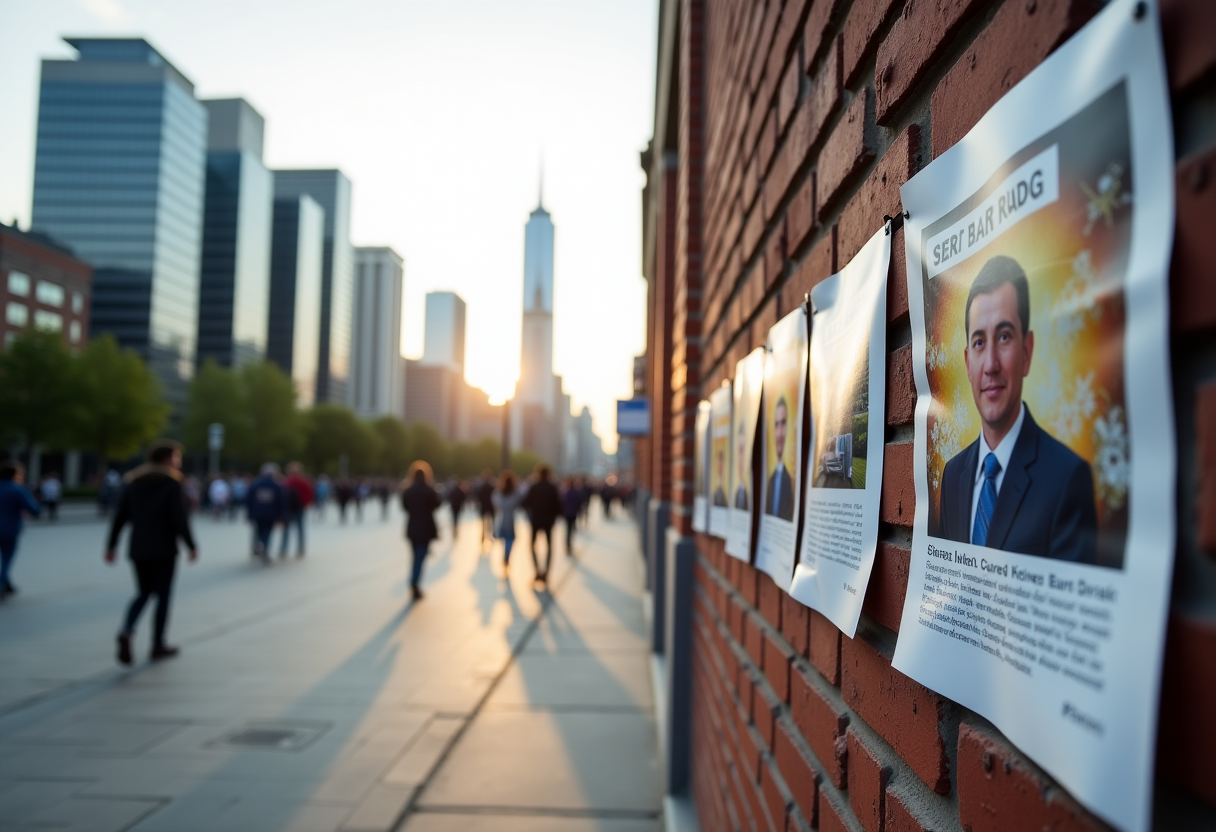Table of Contents
The impact of social media on election narratives
In the age of digital communication, social media has become a powerful tool that shapes public perception, especially during election cycles. As the 2024 presidential election unfolds, the narratives surrounding the results are heavily influenced by online discourse.
Both Democratic and Republican supporters are leveraging platforms like Twitter, Facebook, and Instagram to voice their opinions and concerns, often leading to a polarized interpretation of the facts.
For instance, when initial vote tallies indicated a drop in Democratic votes compared to 2020, it sparked a wave of conspiracy theories among some Republicans.
They claimed that the 2020 election had been fraudulent, suggesting that millions of votes were fabricated. This narrative gained traction despite numerous confirmations from election officials and audits that affirmed the integrity of the electoral process. The power of social media to amplify such claims cannot be underestimated, as it allows misinformation to spread rapidly, often without a basis in fact.
Partisan responses to election results
Interestingly, the reaction to the election results is not uniform across the political spectrum. While some Republicans are quick to label the drop in Democratic votes as evidence of fraud, many on the left express their concerns about the legitimacy of the election process.
Social media has become a battleground for these conflicting narratives, with users calling for transparency and accountability. Posts urging Vice President Kamala Harris to refrain from conceding highlight the anxiety among Democrats regarding the perceived loss of votes.
This phenomenon illustrates how both sides of the political divide can interpret the same data in vastly different ways.
The shared concern over election integrity, albeit from different angles, underscores the complexity of modern electoral politics. As more votes are counted, particularly in states known for their Democratic leanings, the narrative may shift again, further complicating the public’s understanding of the election outcome.
The role of election officials in maintaining trust
Amidst the swirling narratives, election officials play a crucial role in maintaining public trust. The Cybersecurity and Infrastructure Security Agency (CISA) has repeatedly stated that there is no evidence of malicious activity affecting the election’s integrity. Their reassurances are vital in countering the misinformation that proliferates on social media. As the counting of ballots continues, the gap between candidates may narrow, leading to further scrutiny and speculation.
Ultimately, the 2024 election serves as a case study in how social media can distort perceptions of reality. The narratives that emerge from this election will likely influence future electoral processes and public trust in democracy. As younger generations increasingly engage in political discourse online, understanding the dynamics of these narratives becomes essential for fostering informed citizenship.




